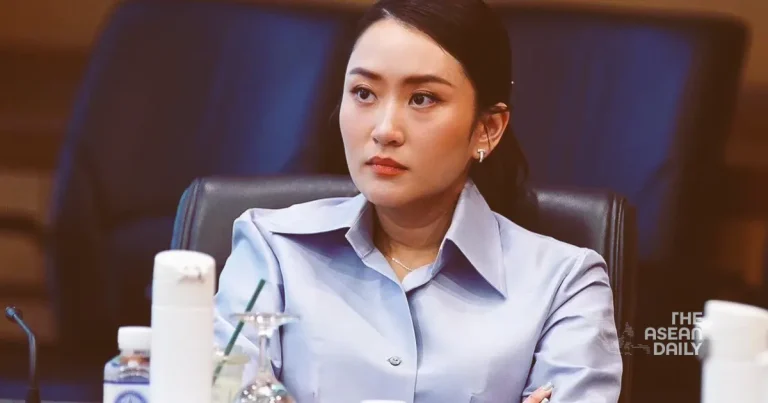26-8-2024 (BANGKOK) Thailand’s newly appointed Prime Minister Paetongtarn Shinawatra is embarking on a mission to reunite the fractured Pheu Thai party, sources close to the matter reveal. This move comes in the wake of growing discontent within party ranks, attributed to the leadership style of her predecessor, Srettha Thavisin.
Paetongtarn’s ascension to the premiership marks a pivotal moment for the Pheu Thai party, long associated with the influential Shinawatra family. Her approach stands in stark contrast to that of Srettha, whose tenure was marred by allegations of detachment from party stalwarts and grassroots supporters alike.
Insiders report that Srettha’s perceived aloofness had created a rift within the party, particularly among senior lawmakers and the crucial Northeast faction. His outsider status and alleged reluctance to engage with party members on critical issues, such as the contentious co-payment fertiliser policy, further exacerbated tensions.
In contrast, Paetongtarn has hit the ground running with a charm offensive reminiscent of her father, Thaksin Shinawatra, the party’s patriarch. During field visits, she has been observed engaging deeply with local MPs, leaders, and citizens, demonstrating a commitment to grassroots politics that has long been a hallmark of Pheu Thai’s success.
A party source, speaking on condition of anonymity, stated, “A Paetongtarn-led Pheu Thai government, where she is both party leader and prime minister, will strengthen the party and foster greater unity among MPs. While politics naturally involves both supporters and detractors, it is believed that Paetongtarn can heal the wounds left by the previous prime minister.”
This push for unity is not merely an internal party matter. It comes against the backdrop of a formidable challenge posed by the People’s Party, successor to the reformist Move Forward party. The shock defeat of Pheu Thai in last year’s general election to the “orange faction” has necessitated a recalibration of strategy, with Thaksin Shinawatra reportedly keen to restore the party’s political dominance.
However, Paetongtarn faces a Herculean task. The party’s decision to form a coalition government with military-backed parties last year alienated many of its red-shirt supporters. With the next election slated for 2027, she has a limited window to unify the party and regain the trust of disillusioned voters.
The stakes could not be higher for both Pheu Thai and the Shinawatra dynasty. In Thailand’s current political landscape, characterised by razor-thin margins and shifting alliances, any misstep could prove catastrophic. Paetongtarn’s ability to navigate these treacherous waters will be crucial in determining whether Pheu Thai can reclaim its position as Thailand’s most popular party and cement the Shinawatra family’s political legacy.




